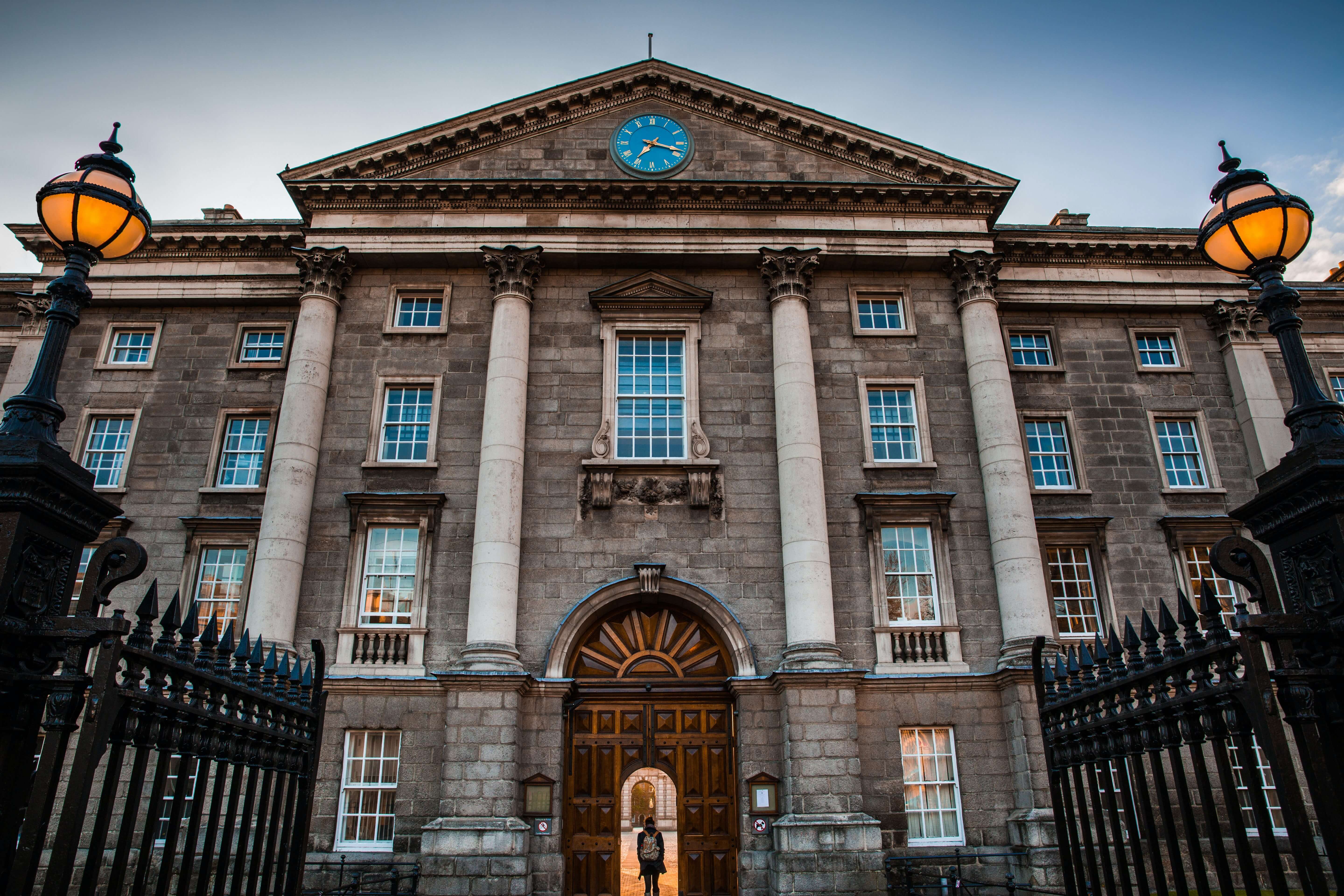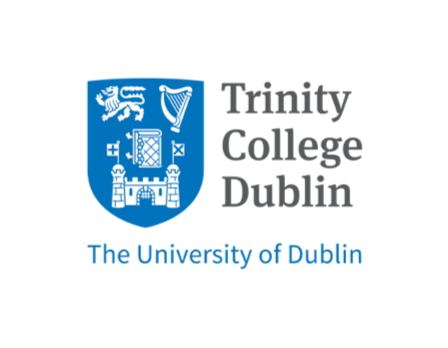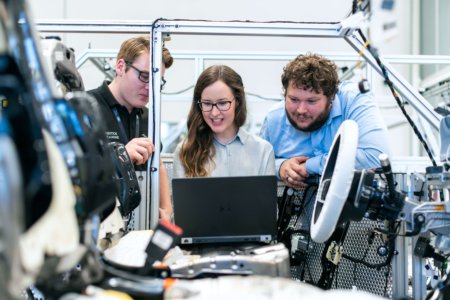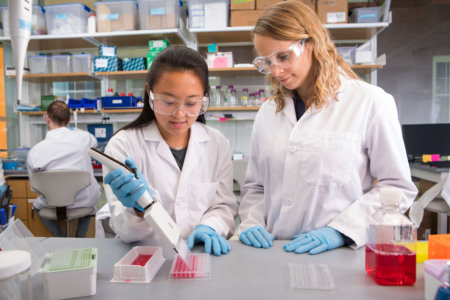Many universities across the globe share a common concern for our planet. Not many, however, have multiple schools joining forces to make a bigger impact. At Trinity College Dublin, the University of Dublin, Ireland — Ireland’s top-ranked university (QS 2021, THE 2022) — the E3 initiative is about more than just collaboration. It’s about an obligation to the greater good through balanced solutions for a better world.
Otherwise known as the Engineering, Environment, and Emerging Technologies initiative, E3 brings together the Schools of Engineering, Natural Sciences, and Computer Science and Statistics. Together, they respond to the social, climatic, environmental and energy crises that continue to plague the world through education, research, and industry collaborations.
While the task at hand is colossal, Trinity believes it’s never too early for students to lend a helping hand. In fact, they believe it is imperative for graduates to follow in their footsteps and eventually carry on their legacies. How? With an education that empowers them to enable society to live on this planet in a way that is sustainable and equitable.
A multidisciplinary approach makes it possible. By learning from three schools instead of one, students here draw connections that not only ensure the betterment of our world but its progression as well. It’s a nexus that puts Ireland on the map as a forerunner in economic competitiveness through STEM excellence.
Soon, a new designated 7,256 square metre space will house these revelations while enhancing the landscape of Trinity’s already robust campus. The Martin Naughton E3 Learning Foundry’s main purpose will be to foster an innovative integration of teaching, project work and research across the three core disciplines of the E3 Initiative. Within it, open collaborative spaces and living labs will make it easier for students to interact and innovate alongside like-minded peers and professionals. Graduates of this completely new education experience will be fully equipped to lead in a technology-enhanced future.
Trinity is at the forefront of ensuring students gain the skills they need to tackle the global challenges of today and tomorrow. As one of the first initiatives globally to integrate engineering, technology and the natural sciences at scale in the search for balanced solutions to address the challenges of a liveable planet, E3 has the potential to be internationally transformative.
Several pathways serve as golden tickets to the full E3 experience.
The new Bachelor Degree in Environmental Science and Engineering is one of them. This integrated, five-year programme combines a four-year BSc with an additional year of study leading to either a Masters in Engineering (MAI) specialising in Environmental Engineering or an MSc in Applied Environmental Science (MAES). The unique combination of engineering and natural sciences modules represents one of the first in Ireland and internationally.
“When these graduates go out into the world –– designing new solutions for renewable energy, new wastewater treatment plants, systems that combat and mitigate climate change, or pollution on the landscape –– their solutions will take into account the natural world and not have unintended consequences,” explains Professor Jennifer McElwain.
“As our challenges are so complex, we need graduates of the future to have these multidisciplinary skills, where they understand problems and solutions from both perspectives –– that of the scientist and the engineer. This is what is really unique about this new course.”
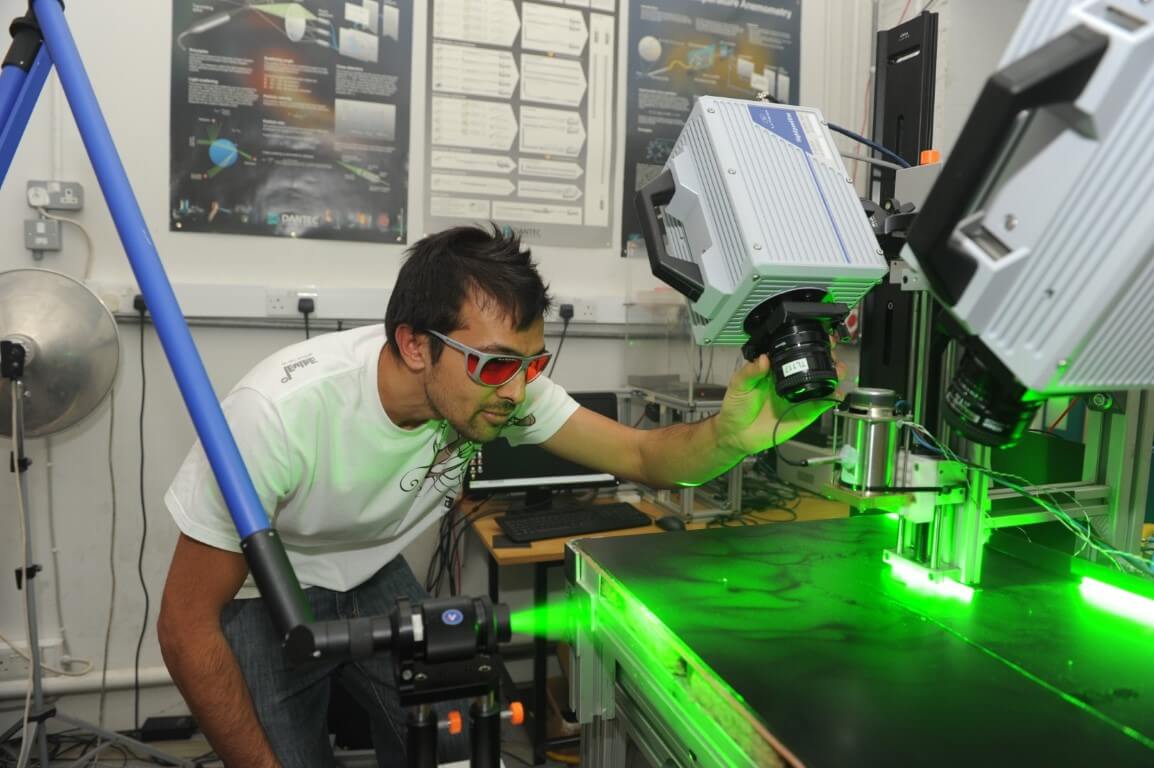
Several pathways serve as golden tickets to the full E3 experience. Source: Trinity College Dublin
The four-year undergraduate Geography and Geoscience programme, which leads to a science degree, is just as topical. It focuses on the multidisciplinary study of our planet and the people that live on it. By integrating knowledge from the physical, chemical, biological, and social sciences, it provides novel insights into Earth system function and human-environment interactions.
Meanwhile, the one-year postgraduate MSc in Smart and Sustainable Cities is one of the college’s broader options, capable of piquing the interest of a wide range of students. Core modules focus on urban governance, urban sustainability, geographical information systems (GIS), and an introduction to machine learning before culminating with a field trip and company placement. The optional modules offered throughout are just as diverse, spanning environmental policies, climate justice, climate change and development, and artificial intelligence.
“Overall, graduates emerge with a cohesive set of skills that come together, complement each other, and make them essentially some of the key leaders in terms of the types of transformations that are necessary for the coming decades,” says course director Dr. Philip Lawton.
Those keen on a more future-focused option can consider the undergraduate Computer Science Joint Honours programme. An offering within the option enables students with a particular interest in GIS, spatial data or “smart cities,” to intersect computer science modules with ones in geography.
Upon graduating, budding professionals will have the knowledge to develop a new generation of GIS, which underpins decision making in urban planning, land use planning, and energy distribution. They will also gain a place at the heart of designing future smart, sustainable cities and societies.
For an unrivalled STEM education that inspires balanced solutions for a better world, click here to learn more about customising your E3 education today.
Follow Trinity College Dublin on Facebook, Instagram, Twitter, and YouTube

